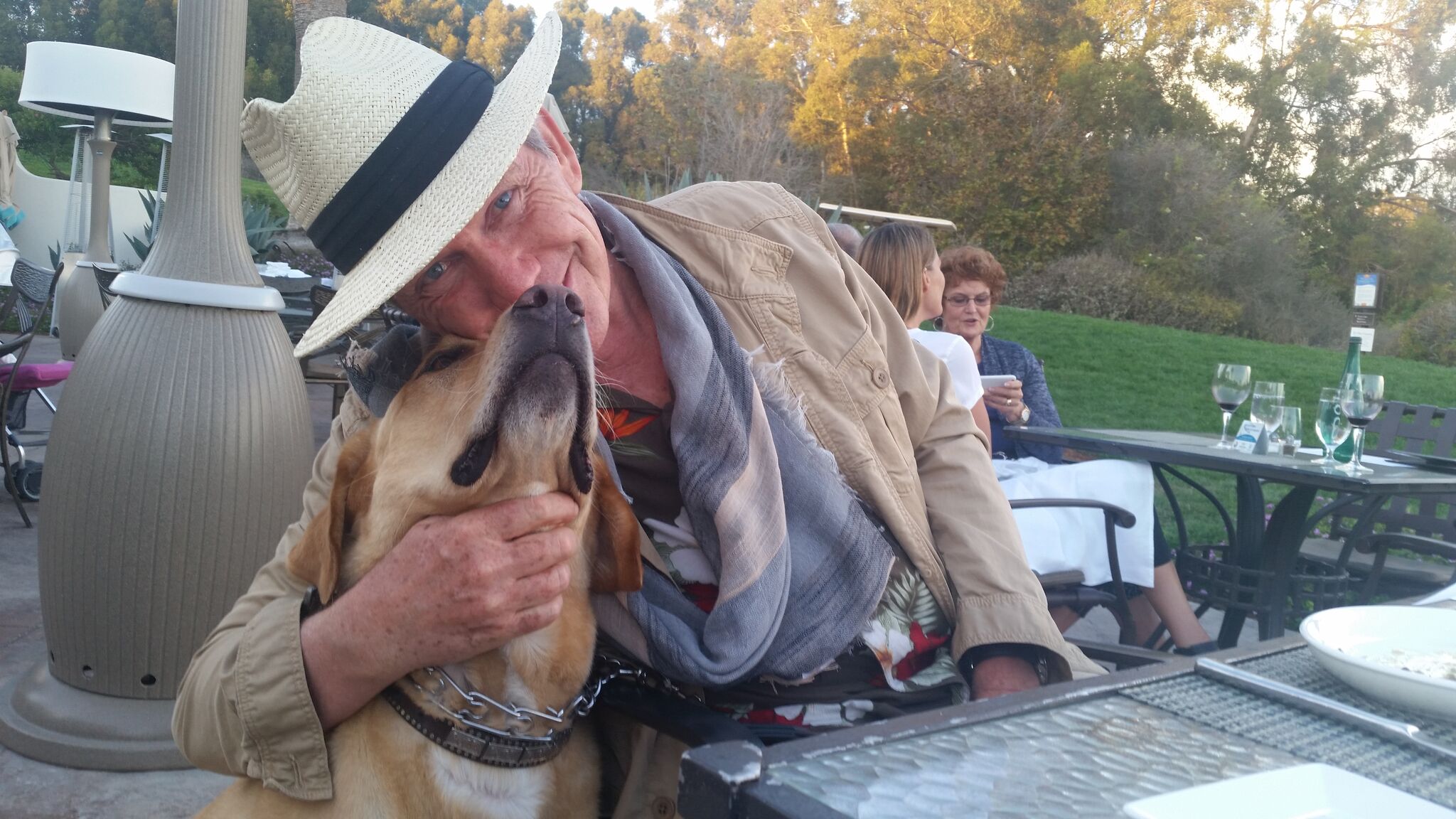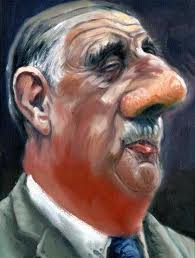After the birth of my third child I suffered from insomnia that lasted well beyond the newborn phase. For those of you who haven’t experienced insomnia it’s pretty awful. During that year (yes, 12 months) of sleepless nights there were times when I was able to fall right asleep, but would then wake up and stare at the ceiling for hours unable to fall back asleep. There were other times when I was unable to fall asleep from the get-go and would lie awake for hours listening to my husbands sleeping breath, feeling envious of his uncanny ability to fall asleep the minute his head hits the pillow. I was desperate to find a way out of this horrible, sleep-deprived state.
Insomnia Stats:
- More than 30% of the population suffers from insomnia.
- Between 40% and 60% of people over the age of 60 suffer from insomnia.
- Women are up to twice as likely to suffer from insomnia than men.
- Approximately 10 million people in the U.S. use prescription sleep aids.
I turned to a combination of natural, non-toxic remedies for insomnia that ultimately did the trick-it took time and it wasn’t easy. I’ve happily joined the ranks of ”those” people whose eyes close the minute their head hits the pillow.
Acupuncture
Acupuncture has been a part of my life for many years. I have used it for everything from plantar fasciitis to the flu. I knew from past experience that acupuncture really worked, so it was worth a shot for insomnia.
Through the insertion of needles into pressure points around the body, acupuncture helps to activate the body’s qi (our bodies natural energy or life-force) throughout the body. Insomnia was letting me know that my body was out of balance.
Healthy Diet
A healthy diet can pave the way for a good night’s sleep.
- Caffeine in moderation is OK, but there is such a thing as too much caffeine and it messes with your sleep.
- Avoid processed sugar and processed foods-especially before bedtime.
- Consume foods that are rich in magnesium: leafy green vegetables, pumpkin, sesame or sunflower seeds, salmon and halibut contain high levels of magnesium.
- Drink chamomile tea which contains tryptophan (also found in turkey), an amino acid known for its tranquilizing effects. When taken as a tea infusion, these properties act as a relaxant in our bodies and help to promote sleep.
Relaxation Techniques
During my stint with insomnia I turned immediately towards my yoga practice. Kripalu style yoga was a perfect fit at the time-a combination of relaxation, meditation and postures. There are so many different types of yoga so it’s important to find a practice that meets your needs. I also went regularly to my massage therapist.
Valarian
When I’m desperate for relief I often find myself buying out the entire Whole Body section at Whole Foods. I’m not big on taking anything, but I decided to try out a few natural sleep aides to see if anything would help. I was most interested in finding something that wasn’t addictive or would cause grogginess in the morning. Most of the products I purchased contained valarian. Valarian is a flowering plant that is native to both Europe and Asia and is now also grown in North America, has long been used medicinally particularly for sleep.
The combination of all of these things helped me put an end to sleepless nights. The trick is to find a combination of remedies that work for you.
Have you ever had insomnia? What do you do to get a good night’s sleep?















